 |
| May 12, 2020 |
Dear Reader,
Can coronavirus spread through the air? It's a critical question that we need answered. In our lead story, health and medicine editor Tanya Lewis explains what we know so far. Next up, some cosmology news: two entirely different ways of "weighing" the universe produce conflicting results—and a potential sign of revolutionary new physics. And lastly, today is International Nurses Day, which celebrates the profession while also commemorating the birth of Florence Nightingale, the founder of modern nursing. Below, we share a few stories about the many roles and contributions of nurses in advancing public health and welfare. |
| | Sunya Bhutta, Senior Editor, Audience Engagement
@sunyaaa | |
 |
| |
| |
| |
| |
| |
| |
| |
| Public Health Grief on the Front Line--and Beyond In their own voices, health care workers from across the country reflect on coping with the coronavirus | | By Jillian Mock,Jen Schwartz | | | |
FROM THE STORE
 | | | |
| |
FROM THE ARCHIVE
 | | | |
| |
LATEST ISSUES
 |
| |
| Questions? Comments?  | |
| Download the Scientific American App |
| |
| |






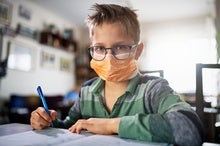

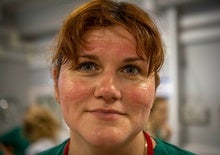
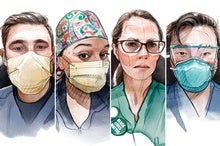
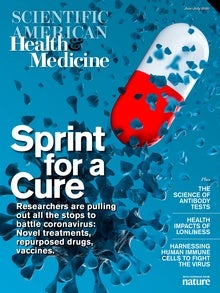

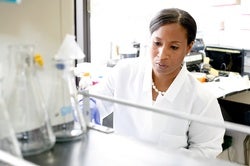
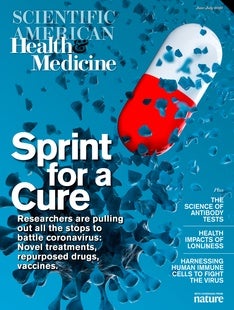

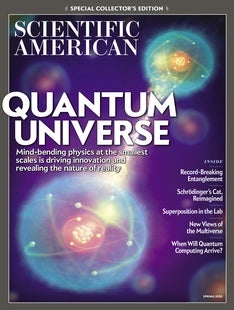
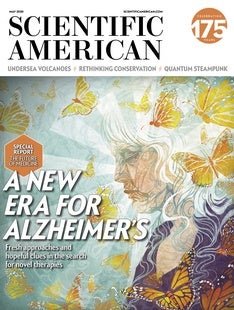
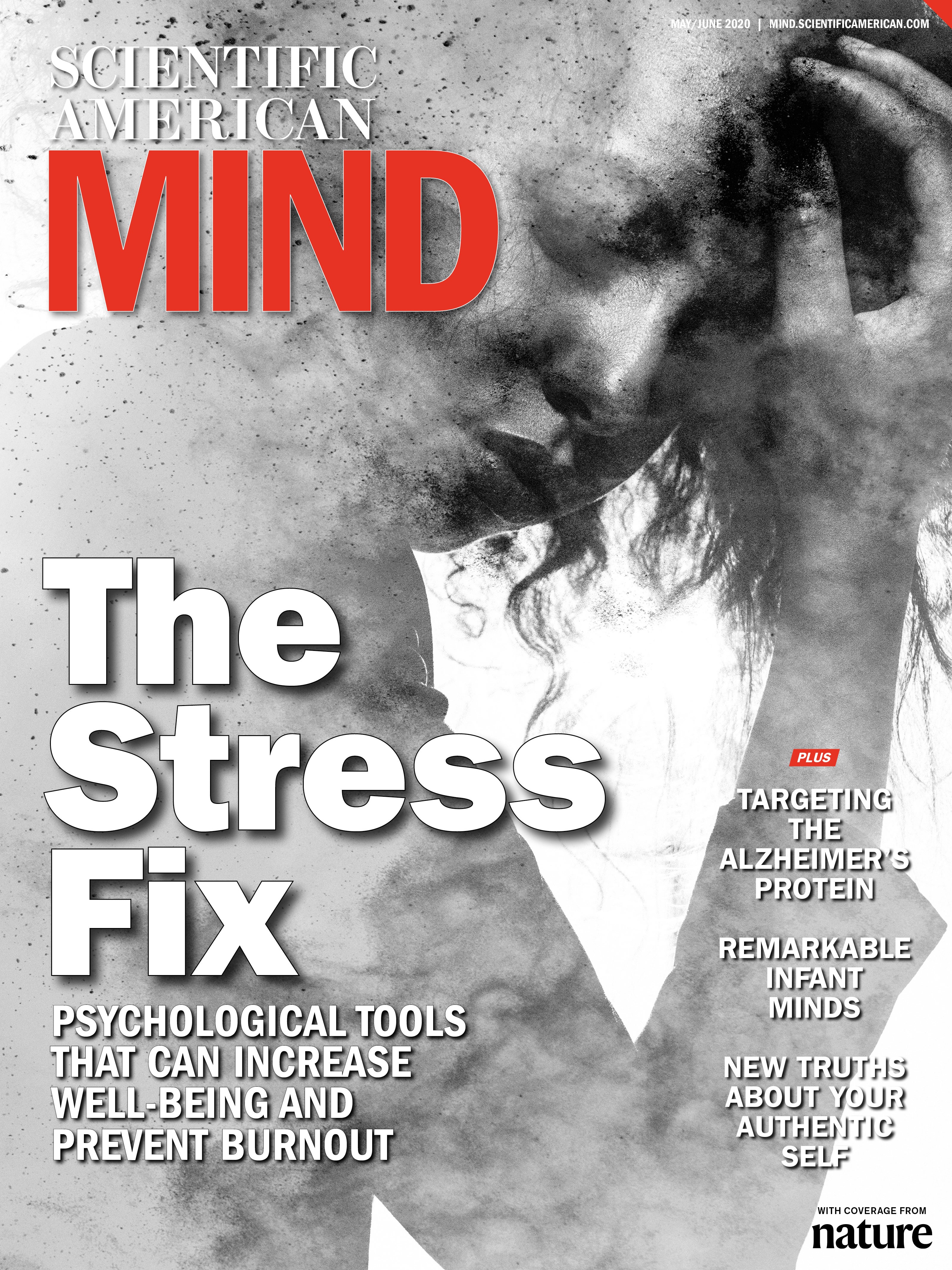



Comments
Post a Comment